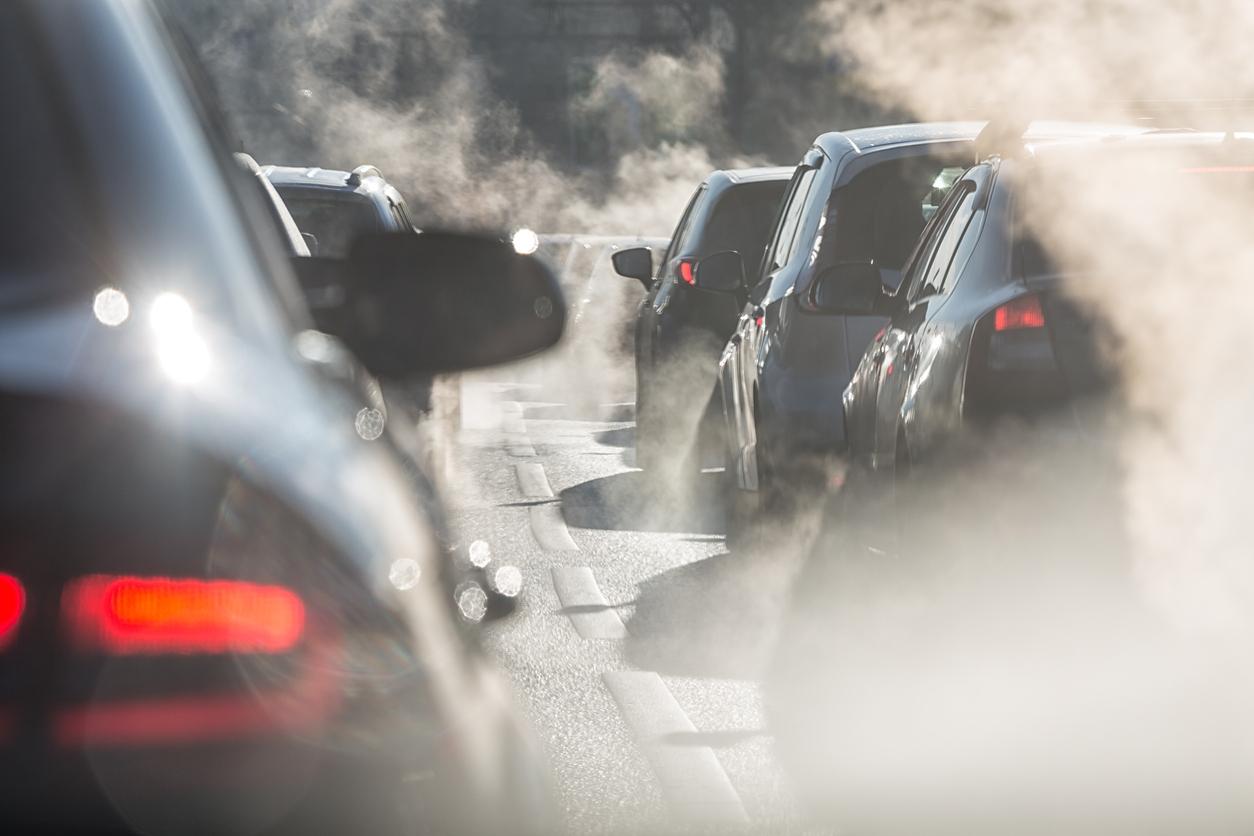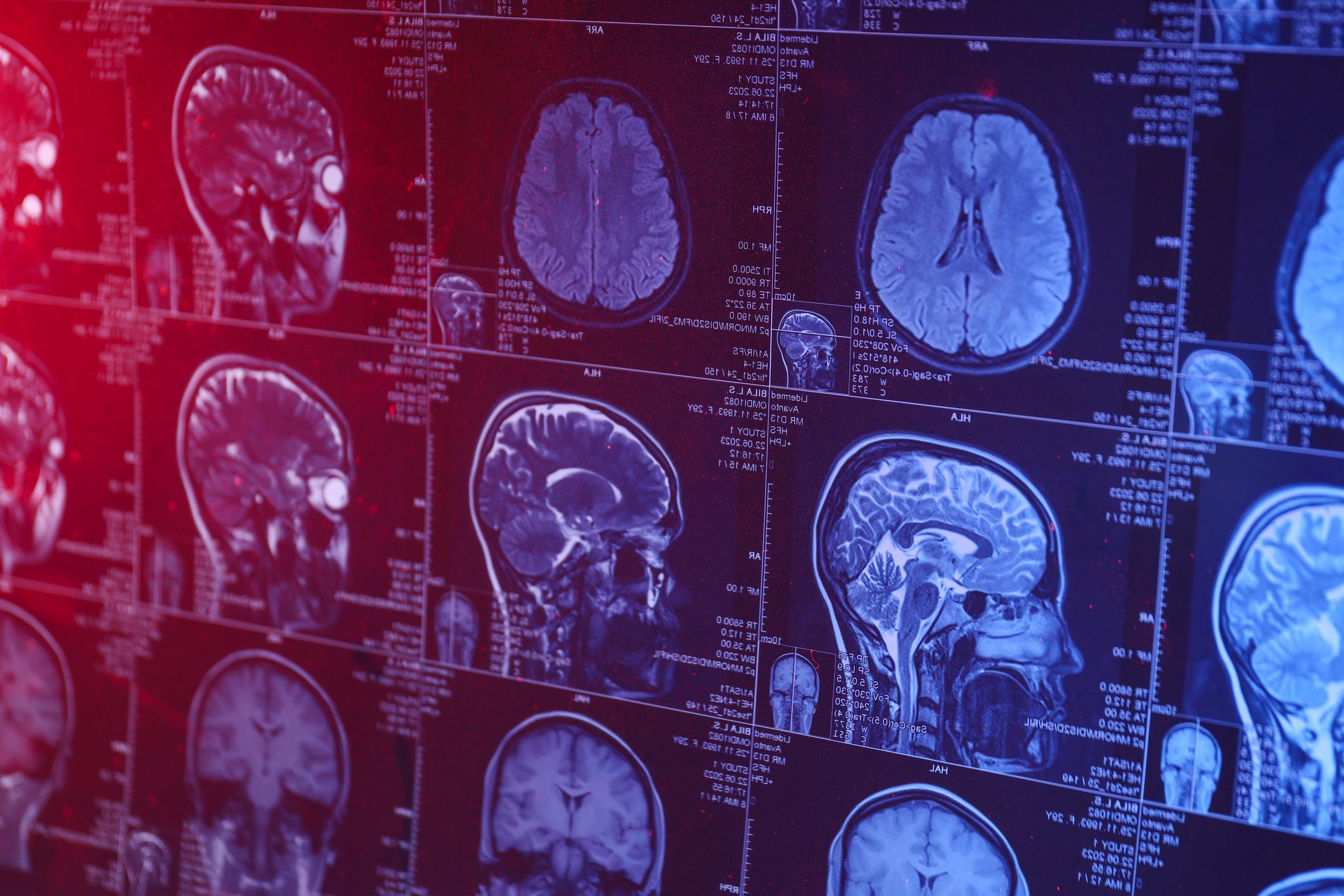Brief exposure to diesel engine exhaust acutely alters functional brain connectivity in humans.

- Common sources of air pollution include household combustion appliances, industrial facilities and forest fires.
- The pollutants of most concern include particulate matter, carbon monoxide, ozone, nitrogen dioxide and sulfur dioxide.
We know it: being stuck in traffic jams is far from a cakewalk. In addition to having a negative impact on our mental health, traffic jams deteriorate our brain functions. This was revealed by researchers from the University of British Columbia (Canada). To reach this conclusion, they carried out work, the results of which were published in the journal Environmental Health.
Measure brain activity of 25 participants using fMRI
“Although exposure to traffic-related air pollution is known to cause health damage, the neurobiological underpinnings of this exposure remain elusive”, the scientists wrote. To fill this knowledge gap, they recruited 25 healthy adults. For two hours, the latter were exposed to diesel engine exhaust and filtered air at different times in a laboratory.
Their brain activity was measured before and after each exposure using functional magnetic resonance imaging (fMRI). The team analyzed changes in the Brain’s Default Mode Network (DMN), a set of interconnected brain regions that play an important role in memory and internal thought.
“A reduction in cognitive performance” linked to exposure to exhaust gases
According to the results, after brief exposure to diesel engine exhaust, a decrease in functional brain connectivity was observed in many regions of the brain network. The changes in the volunteers’ brains were temporary and connectivity returned to normal after exposure.
“We know that impaired functional connectivity in the DMN has been associated with reduced cognitive performance and symptoms of depression, so it is concerning that traffic pollution interrupts these same networks. are necessary to fully understand the functional impacts of these changes, it is possible that they may alter people’s thinking or their ability to work“said Jodie Gawryluk, author of the study, in a statement.
How to protect yourself from air pollution linked to road traffic?
According to Chris Carlsten, co-author of the research, the effects could be long-lasting when exposure is continued. “People should think twice the next time they’re stuck in traffic with the windows down. It’s important to make sure your car’s air filter is in good shape, and if you’re walking or cycle on a busy street, consider taking a less busy route”, he explained.
















